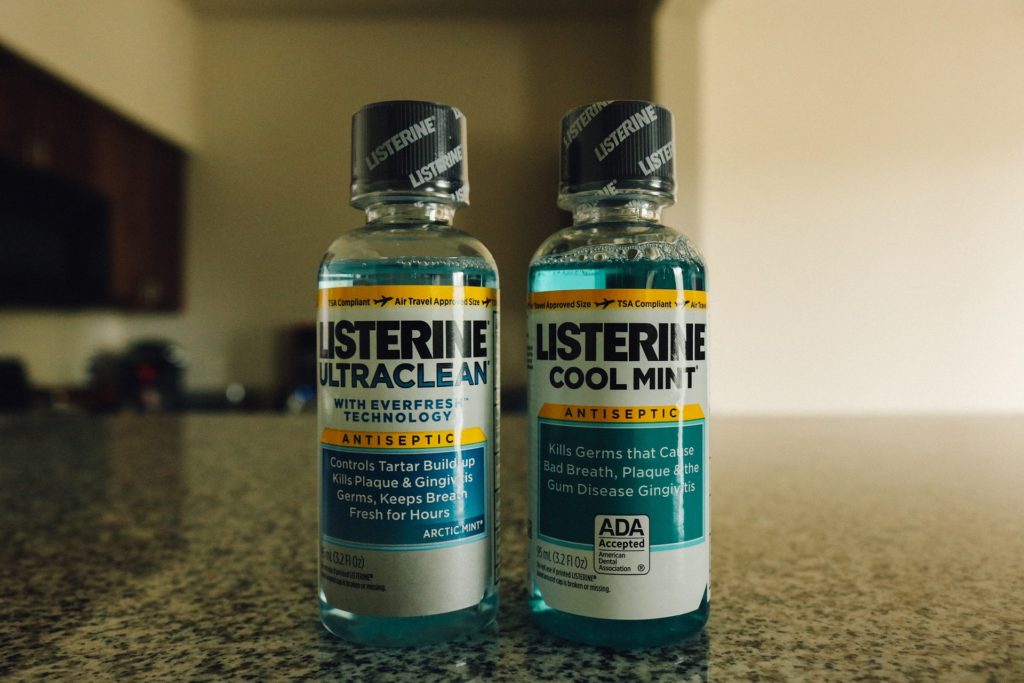
If you prefer to use oral rinse as part of your everyday oral care routine, it is valuable to have deeper understanding of what mouthwash. What does it actually do to the teeth, gums and mouth.While rinsing with fluoride-based mouthwash is beneficial, still this can never replace a regular oral hygiene routine of brushing at least two times per day and flossing every after meal.
Take into account that the primary function of an oral rinse is to provide fresher breath. In case you are suffering from halitosis, consult your dentist about effective approaches on how to address the causes of this dental issue so you can deal well with your unpleasant-smelling breath.When used after brushing and flossing, mouthwash can remarkably aid shield the teeth against acids which are produced by plaque bacteria. You can consult your dentist regarding a specific oral rinse if you are suffering from gum problems or still recuperating from a fungal infection.
If you are wondering what type of oral rinse best suits you, think about your current dental hygiene needs when choosing which one to buy. However, if you aim to have fresher breath, you can ask your dentist, family or friends or read reviews of some mouthwash brands.Most of oral rinses these days come with various flavors like cinnamon, mint, fruity and the like. You may also opt for mouthwash that is especially formulated to control plaque or kill bacteria.
It is fundamental to consider that merely rinsing with mouthwash without brushing is similar with mopping the floor without sweeping the dust first. This simply conveys that it is important to sweep away tartar or plaque first to ensure good oral hygiene. The ideal time for brushing is every morning and at night before going to bed. Keep in mind that swishing with oral rinse does not necessarily imply that you have completely free your entire mouth from germs and bacteria. Germs and bacteria are insidious so do not ever give them the chance to form colonies. Floss your teeth after eating and then brush your teeth thoroughly for two minutes. After that, you can swish with your most preferred oral rinse flavor. Take note that the main goal here is to first sweep the germs away using your toothbrush and a dental floss.
Some people who have sensitive teeth and gums may find some oral rinse ingredients as irritating. It is advised to avoid mouthwash that contains alcohol as this can give you a burning sensation. Alternatively, you can use natural oral rinse that contains chamomile or aloe vera for a more relaxing and refreshing effect.
Not to mention, adding oral rinse to your daily oral care routine is definitely beneficial. But, please be guided that rinsing with mouthwash alone without brushing and flossing isn’t advised. You should follow this pattern: floss, brush and rinse with mouthwash. If you are unsure about which oral rinse would best match your oral health requirements; do not be hesitant to consult your dental hygienist or dentist for some recommendations about the best mouthwash in your daily oral care.
